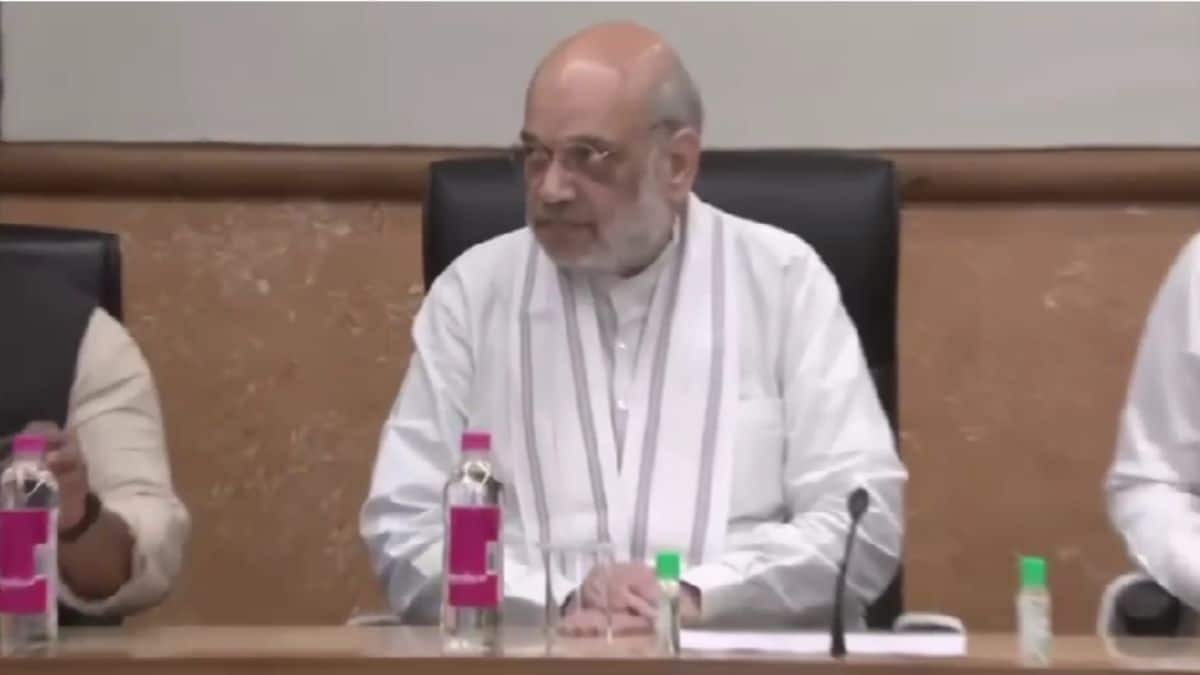We are living in an India where pathways to justice are sometimes ignored because judges, Members of Parliament, and other stakeholders are increasingly interpreting laws in a strict, pedantic manner. Earlier this month, a 19-year-old transperson was gangraped in Pune, but the perpetrators of this crime were let out on bail by a court order that stated that Section 377 of the Indian Penal Code (IPC), 1860 has no mention of the “third gender” and hence, its hands were tied. In a report by
Pune Mirror, the victim of this egregious human rights violation expressed her deep disappointment: “After the judgment, I have lost all faith in the judiciary. The country is not willing to look us in the eye and accept us. Even the law has chosen not to support us. We don’t want to appeal further because we know that the archaic laws will continue to break us emotionally, physically and mentally.” While the transgender community condemned the heinousness of this crime, the country remained unfazed. In 2014, the transgender community was elated as the Supreme Court, in NALSA v Union of India, recognised transgender individuals as the ’third gender’ category and all basic human rights as well as “full moral citizenship” would be accorded to them under the law of the land. In the judgment, Justices KS Radhakrishnan and AK Sikri broke down the longstanding hetero-normative gender constructs of ‘man’ and ‘woman’ and introduced to the rest of the country, a spectrum of gender identities. The individuals of the ‘third gender’ had the right to personal identity, autonomy, and self-determination in India. [caption id=“attachment_3948689” align=“alignleft” width=“380”] Representational image. Reuters[/caption] However, there was no concrete action by the legislature or the executive to honour the judgment in substantive law. There were two legislative bills that were introduced — one was a private member Bill titled the Rights of Transgender Persons Bill, 2014 by MLA Tiruchi Siva in the Rajya Sabha and the other was introduced by the central government and was titled the Transgender Persons (Protection of Rights) Bill, 2016. The former bill embodied the NALSA verdict in its entirety, while the central government bill was a heavily diluted form of the verdict; in fact, the latter bill was ambiguous on the right of self-determination of transgender identity — something that was fundamental to the NALSA judgment. The bills were to be taken up at the Winter Session of the Parliament last year, but were not considered for discussion and debate. On 17 August, the Madras High Court, presided by Justice N Kirubakaran, directed the central government to expedite the passing of Rights of Transgender Persons Bill, 2014. The court allowed a writ petition by a transman who pleaded that the state educational authorities be directed to make changes in his school and college certificates, so that his chosen gender is reflected. Moreover, Justice Kirubakaran, in a brilliant move, suo motu impleaded the Centre, Health and Family Welfare Department Secretary, union secretary of Social Justice and Empowerment and Secretary, Ministry of Law and Justice departments as party-respondents in the petition. Additionally, he also issued a notice to the assistant solicitor general whether there was a possibility to consider transpeople as a separate special category of individuals for affirmative action around education, employment and social protection. The Centre, however, does not agree, and has been reluctant to even afford to the transgender community the basic human rights for companionship and marriage. It has been clear since the NALSA verdict that the government has not considered aligning basic legislations with the judgment — for instance, making amendments to the Indian Penal Code, 1860 and the Prevention of Domestic Violence Act, 2005 to include transpersons as victims of violence or inserting a clause within the Hindu Marriage Act, 1955 and Special Marriage Act, 1954 to indicate that the trans community also has the right to choose partners for marriage. Without such alignment of laws, the rights of third gender has no application, and will remain a principle in judicial theory. Last month, the Parliamentary Standing Committee on Social Justice and Empowerment, in its report on Transgender Persons (Protection of Rights) Bill, had remarked: “Transgender persons remain at risk of criminalisation under Section 377. The bill must at the very least recognise the rights of transgender persons to partnership and marriage.” But the government wants to steer clear of any changes to the status of transgenders vis-a-vis the penal code as the issue of section 377 is sub-judice. The Supreme Court is presently hearing curative petitions against a previous judgment that reinstated section 377 after overturning an order of the Delhi High Court that had decriminalised it for consenting adults of the same sex. Section 377 talks about punishment for carnal intercourse against the order of nature with any man, woman or an animal, and since there is no explicit mention of ‘third gender’, the 19-year-old rape survivor from Pune receives no justice and her perpetrators walk scot-free. All because a technicality in the legislation has not been addressed. The rape survivor has been doubly victimised because neither the courts, nor the government is ready to address the issue and identify the nuances of the situation. Simply put, there is no willingness to apply judicial or legislative creativity to provide relief to the victim. The government has waited far too long to provide procedural mechanisms for the third gender. The injustices against the community continue to multiply even in the face of the NALSA judgment. The most rational thing to do, at this point, would be to effectively pass a law for the transgender community and then work towards their representation in public offices so that their voices are no longer silenced.
The government has waited far too long to provide procedural mechanisms for transgenders.
Advertisement
End of Article


)

)
)
)
)
)
)
)
)



